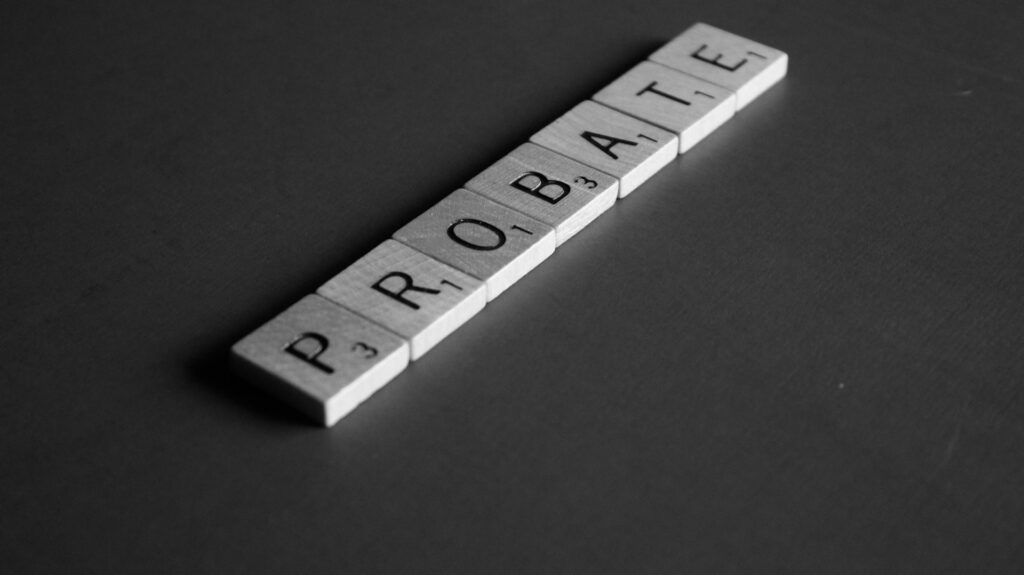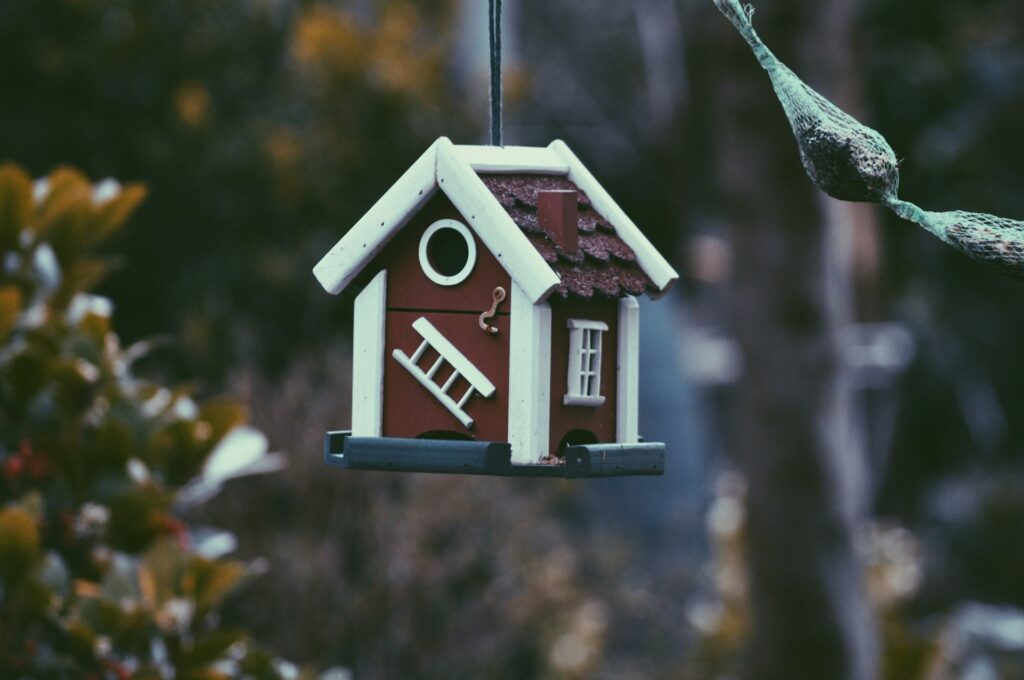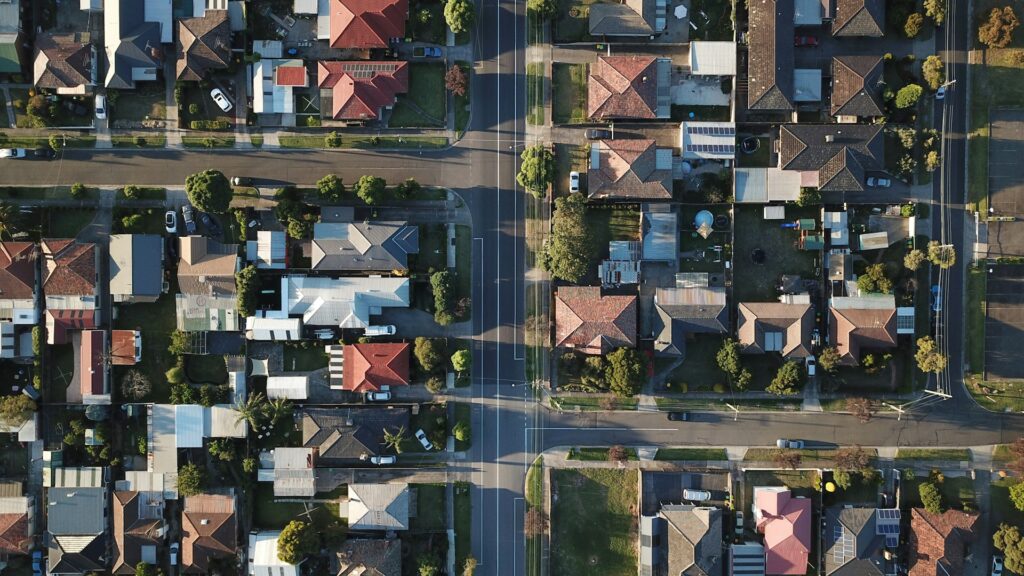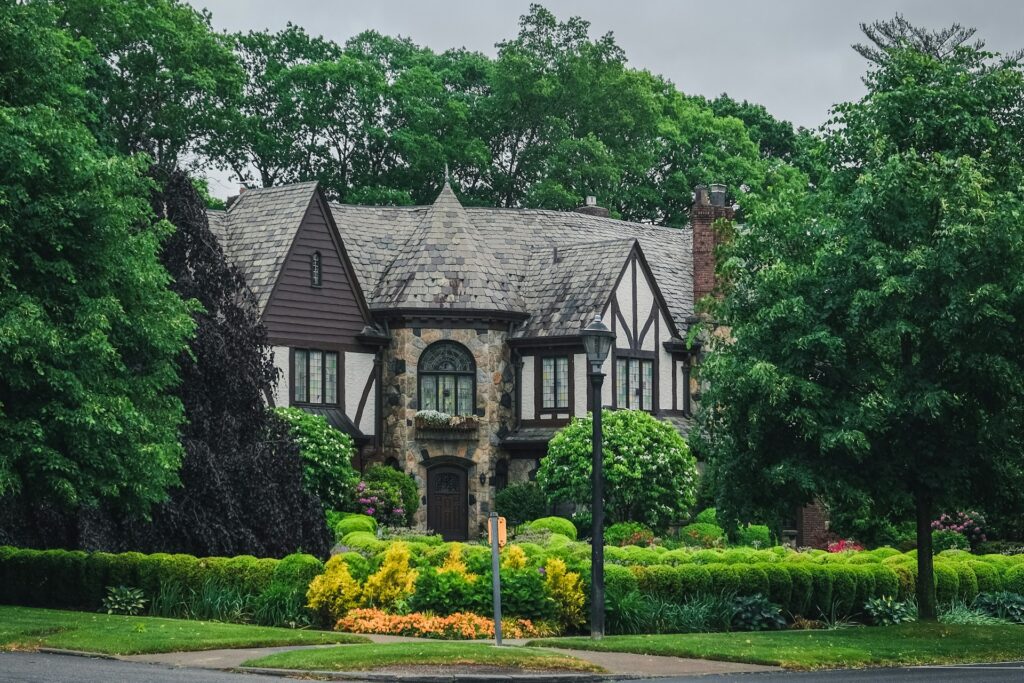
Probate is often a stressful and emotionally taxing time for many, and it can seem convoluted to those that are going through it for the first time. We’ve created this easy guide to help you understand the world of probate valuations. So, what is a probate valuation?
A probate valuation is a way of analysing the value of a person’s assets when they die. This is calculated using the value on the date of the owner’s death. While all of the individual’s assets might need to be assessed, a property valuation for probate only focuses on the value of the property itself.
Read on to find out more about probate valuations, how they work, if you need a RICS valuation, how much it costs, and more.
Jump to section:
- What Is a Probate Valuation?
- How Do Probate Valuations Work?
- What Is Included in a Probate Valuation?
- Do I Need a RICS Valuation for Probate?
- How Much Does a Probate Valuation Cost?
- What Is the Difference Between Insurance Valuation and Probate Valuation?
- Probate Valuation FAQs

What Is a Probate Valuation?
The probate valuation of a property is a system of analysing the value of a person’s owner assets when they pass away. Due to recent changes to inheritance tax thresholds, this is an important task in the bereavement process.
The value of their property and possessions is assessed and calculated based on the date of their owner’s death, using a realistic selling price on the open market. In the case of the probate valuation of a property, this should be completed by RICS chartered surveyors to ensure that HMRC will accept the valuation if inheritance tax becomes an issue. Currently, any assets of £325,000 or less will not be required to pay inheritance tax, but if the estate falls above this threshold then 40% of the value will be deducted for tax.
How Do Probate Valuations Work?
For the general items and possessions of most people, you’ll be able to assess the price yourself by comparing the item with similar items that are being sold online. Start by making a list of each item they owned, before searching for the same item online and comparing the price.
For the property valuation, a RICS surveyor will assess the overall value of the property to calculate the market value of the property at the time of death. This will provide a reasonable price of what the property will likely sell for.
For any antiques or one of a kind items, such as pieces of art, it’s best to get in touch with a professional valuation expert in that field to get an accurate estimate.
What Is Included in a Probate Valuation?
Generally, all of the individual’s assets will need to be accounted for, including removing any outstanding debts. However, this will need multiple valuations depending on the assets that are being assessed. A property valuation for probate will only deal with the value of the property itself and other valuations are needed for possessions and other assets.
The probate valuation of the property will also take into account what houses are selling for in the area at the time of death.

Do I Need a RICS Valuation for Probate?
There are several reasons why you might need to gain a valuation of an estate for probate. These include:
- Where the value of the estate is needed to make the probate application.
- To find out if inheritance tax needs to be paid (depending on the overall value).
- To calculate the capital gains tax on any individual items that have increased in value since the date of death.
- To pay off all debts held by the estate and ensure that funds are correctly distributed to the beneficiaries.
During the probate process, you should prioritise the valuations process as this will need to be completed to proceed with the next steps. You won’t be able to obtain a grant of probate until you have completed the inheritance tax forms, which require the valuation of the estate to complete.
For more information, read our guide, do I need an official house valuation for probate?
How Much Does a Probate Valuation Cost?
A property valuation for probate from Crest Surveyors starts from £500 including VAT. While this may seem like a lot at first glance, ensuring that the property is correctly valued is essential to avoid any unnecessary taxes and get a good price on the sale. This means that a probate valuation could actually save you money in the long run!

What Is the Difference Between Insurance Valuation and Probate Valuation?
While a probate valuation is conducted after the passing of the estate owner and values the estate based on the realistic market value of the item or property, an insurance valuation is very different.
This will assess the replacement cost of an item or property, i.e. how much it would cost to completely replace it. The insurance valuator will assess the entire property and all of its contents, similar to a probate valuation, but the overall valuation will be much larger. It is done in this way because if the property burned down, the insurance would cover replacing the entire thing and all of its contents. The cost of doing so would not match the cost of selling the property, as they would have to buy it new and pay for all the labour costs.
For more information on insurance valuations, visit our insurance reinstatement cost assessments page.
RICS Property Valuations for Probate With Crest Surveyors
At Crest Surveyors, all of our valuers and surveyors are RICS certified and it’s our mission to provide great value and a professional service. Our property valuations for probate are created with you in mind, giving you the best valuation possible so that you can be confident of your capital gains or inheritance tax payments.
By going through a trusted RICS surveyor you’ll also be more likely to be accepted by HMRC, making the process a lot smoother and easier. Get in touch with a member of our friendly team or visit our house valuation for a probate page.

Probate Valuation FAQs
How Long Does a Property Valuation for Probate Take?
Usually, a property probate valuation will take anywhere from 30 minutes to two hours. This will depend on the size of property and any unique circumstances or particularities that might be within the property. Once the valuation is complete, the report will be delivered within 6 working days of the valuation.
Is a Probate Valuation Lower Than Market Value?
No, probate valuations are not generally lower than market value. The probate property valuation is simply the value of the property at the time of death, due to the volatility of the housing market, this can rise or fall between probate and sale. This will usually be a minor difference or almost no difference at all.
For more information, read our blog on the difference between market value and probate value.
How Much Does an Estate Have to Be Worth to Go to Probate?
The value of the estate is not a defining factor for whether or not it needs to go through probate. Instead, this depends on a number of factors such as the type of assets in the estate and whether the deceased person left a valid will.
For a general rule of thumb, if the person that passed away owned property or land then the estate will need to go through probate regardless. If you’re unsure, it’s always best to check with a solicitor to ensure that you’re covered.
What to Do if Property Sells for More Than Probate Valuation?
If a property is sold at a higher value than it was originally valued for probate at the date of death, this could result in being charged capital gains tax. Capital Gains Tax is the tax on profit when you sell an asset that has increased in value. This taxes the amount you gain, and not the actual amount of money you receive in total.
